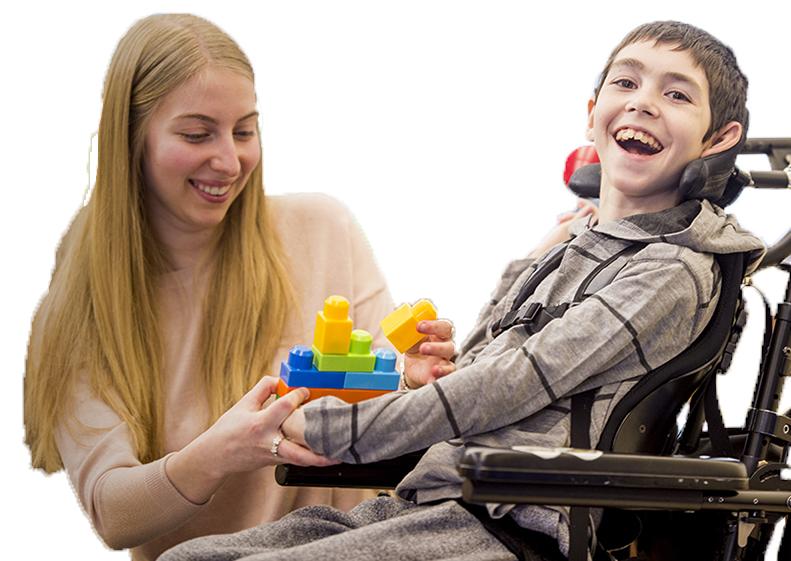Resources Directory
Search below to find a hospital, doctor, therapy, and more

National Institute on Disability, Independent Living, and Rehabilitation Research (NIDILRR)
National Institute on Disability, Independent Living, and Rehabilitation Research (NIDILRR) is part of the Office of Special Education and Rehabilitative Services (OSERS), U.S. Department of Education. NIDRR supports a comprehensive program of national and international research into all aspects of the rehabilitation of people with disabilities and their successful integration into education, work, and community life. Grants are awarded to institutions of higher education and qualified organizations; the fellowship program provides grants to individuals with advanced rehabilitation credentials. NIDRR administers the Interagency Committee on Disability Research. An online directory of projects and publications is available.
NIDILRR’s mission is to generate new knowledge and to promote its effective use to improve the abilities of individuals with disabilities to perform activities of their choice in the community, and to expand society’s capacity to provide full opportunities and accommodations for its citizens with disabilities.
As the federal government’s primary disability research agency, NIDILRR achieves this mission by:
- providing for research, demonstration, training, technical assistance and related activities to maximize the full inclusion and integration into society, employment, independent living, family support, and economic and social self-sufficiency of individuals with disabilities of all ages;
- promoting the transfer of, use and adoption of rehabilitation technology for individuals with disabilities in a timely manner; and
- ensuring the widespread distribution, in usable formats, of practical scientific and technological information.
NIDILRR addresses a wide range of disabilities and impairments across populations of all ages.
